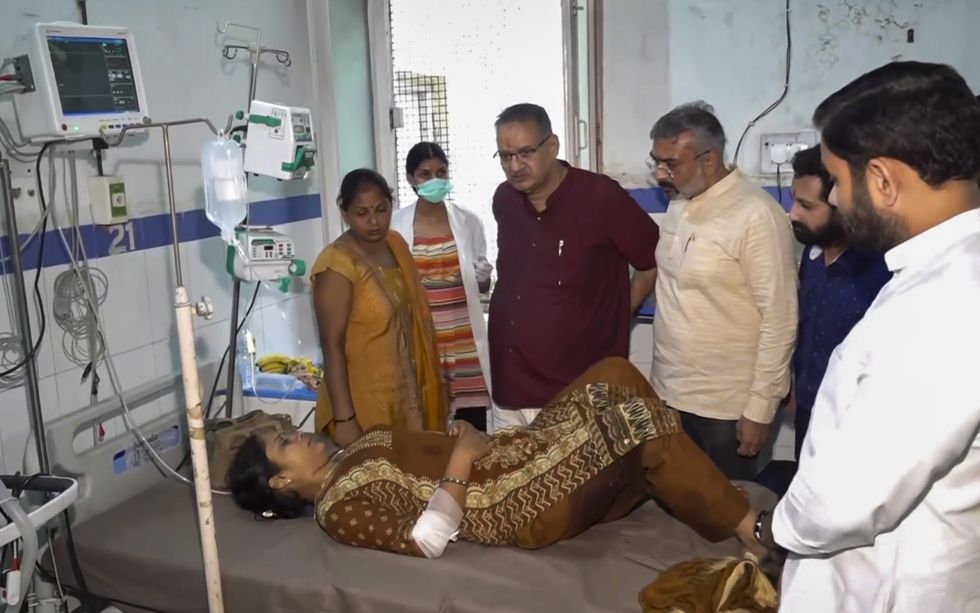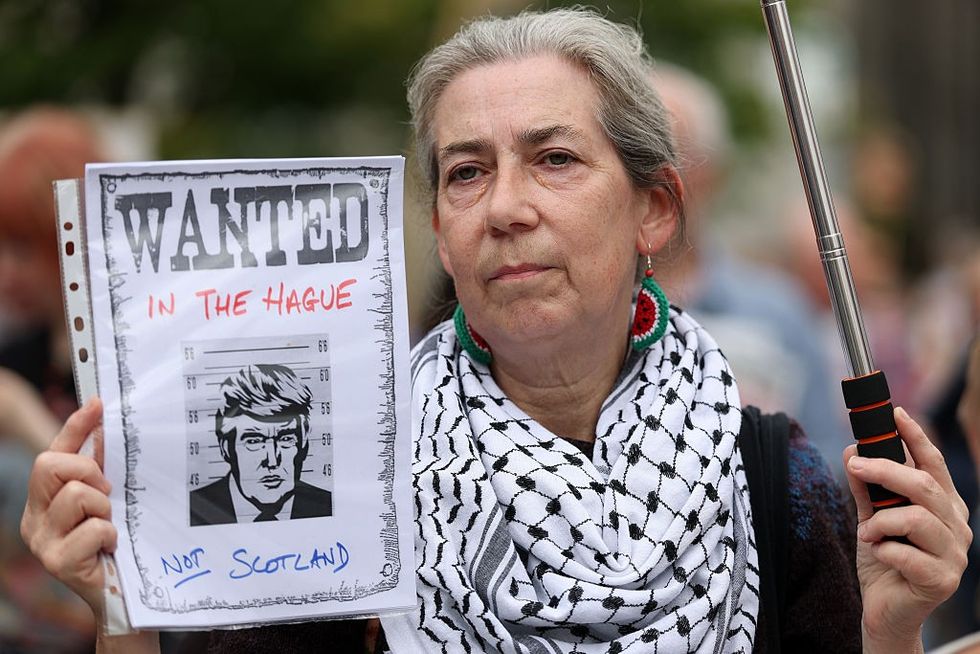The hanging of four men scheduled for Saturday for a notorious gang-rape and murder on a Delhi bus in 2012 has been postponed "until further orders," a court ruled Friday.
The brutal attack on Jyoti Singh sparked weeks of demonstrations and shone a spotlight on the alarming rates of sexual violence and the plight of women in India.
Four men were convicted in 2013 and were due to be hanged simultaneously on Saturday at 6:00 am in India's first execution since 2015.
A fifth, the suspected ringleader, was found dead in jail in a suspected suicide, while a 17-year-old accomplice spent three years in a juvenile detention centre.
The delay was because some of the men still have legal options to appeal their sentences including "mercy petitions" with the Indian president.
All are however widely expected to fail, with support for their execution appearing to be overwhelming within Indian society and among political parties.
Ahead of their executions, the media have been full of gory details including that the nooses will be smeared with banana to soften them.
Hangman Pawan Kumar, whose father and grandfather were also executioners, has given multiple interviews ahead of what will be his first job.
Singh, 23, was returning home from the cinema with a friend on a Sunday evening in December 2012 when they boarded a Delhi bus, thinking it would take them home.
The five men and one juvenile knocked the friend unconscious and dragged Singh to the back of the bus and raped and tortured her with a metal rod.
The physiotherapy student and the friend were then dumped on the road. Singh died 13 days later in a Singapore hospital from massive internal injuries.
Widespread horror sparked nationwide demonstrations and led to tougher sentences for sexual crimes.
Convictions though remain rare with victims scared to come forward and cases get stuck for years in India's clogged-up criminal justice system.
Singh's mother Asha Devi said Friday after the postponement that her "hopes were dashed" but that she would continue to fight for justice for her daughter.





 Uttarakhand Minister Ganesh Joshi, in red shirt, meets an injured lady undergoing treatment at a hospital after a stampede broke out at Mansa Devi temple, in Haridwar, Uttarakhand, Sunday, July 27, 2025. (PTI Photo)
Uttarakhand Minister Ganesh Joshi, in red shirt, meets an injured lady undergoing treatment at a hospital after a stampede broke out at Mansa Devi temple, in Haridwar, Uttarakhand, Sunday, July 27, 2025. (PTI Photo)









 Demonstrators gather at Union Terrace protesting against the visit of President Trump to Scotland on July 26, 2025 in Aberdeen, Scotland. (Photo by Jeff J Mitchell/Getty Images)
Demonstrators gather at Union Terrace protesting against the visit of President Trump to Scotland on July 26, 2025 in Aberdeen, Scotland. (Photo by Jeff J Mitchell/Getty Images)

